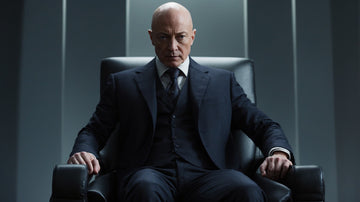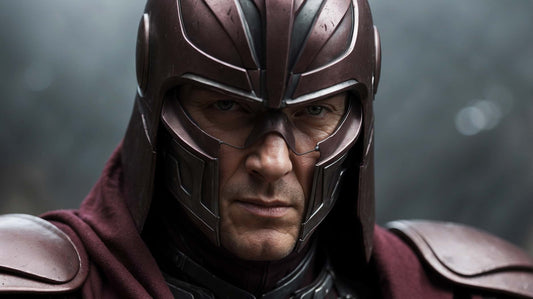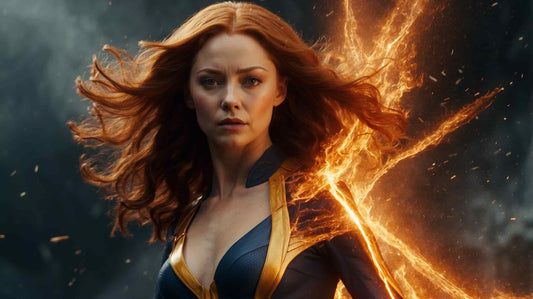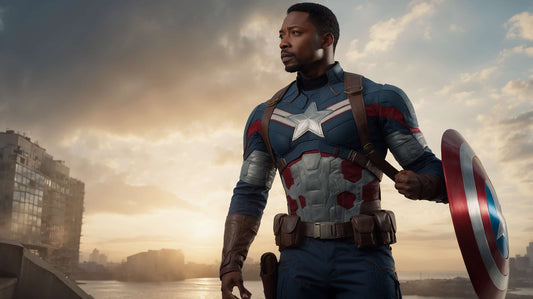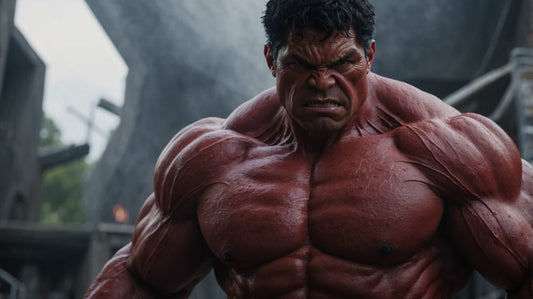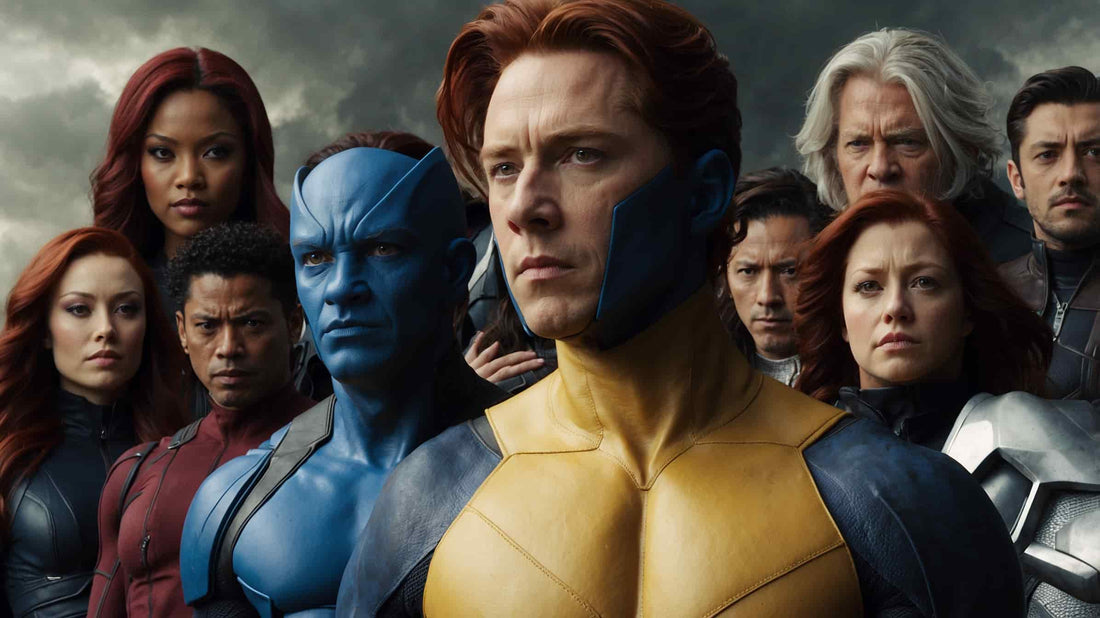
The X-Men: origin and history of Marvel's mutants
For over 60 years, the X-Men have fascinated readers and viewers around the world. Created in 1963 by Stan Lee and Jack Kirby, these mutant superheroes embody themes very close to our reality such as discrimination, acceptance of difference, and the fight for justice.
Through their adventures, they have evolved well beyond the simple comic book pages, dramatically influencing pop culture and cinema.
But how did it all begin? It's time to decrypt together the history and secrets of the most iconic mutants of the Marvel universe.
How were the X-Men born?
The X-Men were born in 1963, at a time when the United States was going through profound social tensions. Stan Lee and Jack Kirby, the creators of the group, were directly inspired by the civil rights movement and racial discrimination.
The basic idea? Create a team of superheroes who are persecuted simply because they are different.
Unlike Spider-Man or Iron Man, the X-Men do not receive their powers due to an accident. They are born with their extraordinary abilities, carriers of a mutant gene that manifests during adolescence.
This unique concept at Marvel avoids the eternal scientific explanation about the origin of powers and makes mutants even closer to reality.
From the first issue, Professor Charles Xavier, a powerful telepath, gathers a group of young mutants to protect them and teach them to master their gifts, all more different from each other. This original team includes:
- - Cyclops, capable of projecting devastating optical beams.
- - Jean Grey, a powerful telepath and telekinetic.
- - Beast, endowed with superhuman strength and agility.
- - Angel, possessing large white wings that enable him to fly.
- - Iceman, capable of freezing the moisture in the air and generating ice.
In their first mission, the X-Men face Magneto, a charismatic mutant who sees normal humans as a threat and seeks to enforce mutant domination by force. This ideological battle between Xavier and Magneto becomes the central theme of the entire saga. The intentions of each are complex and varied.

Why the name X-Men?
The choice of the name "X-Men" is no accident.
From the start, Stan Lee wanted a title that evoked the uniqueness of the characters. Unlike other Marvel heroes, these mutants possess an "X-Factor", a genetic element that distinguishes them from humanity, while still being essentially human.
But the term "X-Men" also hides a deeper meaning. Charles Xavier, the founder of the team, gives his own name to his students: they are Xavier's men, the "X-Men".
Another key element is the symbolism of the "X". This letter is often associated with mystery and the unknown. It thus perfectly illustrates the fate of mutants: they are misunderstood, rejected and considered an anomaly by society.
Finally, from a marketing standpoint, the name "X-Men" is short, impactful, and easy to remember.
A smart choice that partly explains the longevity of the franchise's success.
Who is the first X-Man?
The first member recruited by Charles Xavier is Cyclops (Scott Summers). Present from X-Men #1 (1963), he quickly becomes the leader of the team due to his tactical sense and disciplined mind.
With a power as impressive as it is difficult to control, Cyclops projects destructive optical beams. These energy beams are so powerful that they can pierce steel, but Scott is unable to stop them without his special quartz-ruby glasses.
The choice of Cyclops as the first X-Man is no coincidence.
He embodies responsibility and sacrifice, fundamental values of the group. His role as field leader often puts him at the center of conflicts between Xavier and Magneto, perfectly illustrating the moral dilemma of mutants: Should they coexist peacefully with humans or dominate them to survive?
However, in reality, Wolverine is one of the oldest mutants. Born in 1882, Logan possesses an ultra-fast healing factor that allows him to live far beyond a normal human lifespan, making him a veteran of many wars even before joining the X-Men.

What are the powers of the X-Men?
The X-Men possess an incredible diversity of powers, making them one of the most versatile superhero teams in the Marvel universe.
Here are some iconic examples:
- - Wolverine: a self-healing factor, adamantium claws, and highly developed senses.
- - Jean Grey / Phoenix: one of the most powerful telepaths and telekinetics, capable of manipulating matter and mind.
- - Storm: total control over weather elements, from storms to ambient temperature.
- - Nightcrawler: power of teleportation, superhuman agility, and ability to blend in.
- - Rogue: absorbs the powers and memories of others through simple physical contact.
- - Colossus: can transform his body into organic metal, granting him titanic strength.
The key to the X-Men is the complementarity of their abilities, which once mastered, enables them to accomplish impossible missions against opponents as formidable as Magneto, Apocalypse or Juggernaut.
Who is the strongest X-Man?
If raw power is a criterion, Jean Grey as the Phoenix is by far the most powerful X-Man. When she merges with the Phoenix Force, she gains almost divine cosmic energy, capable of destroying entire planets.
However, in terms of pure combat, Wolverine is nearly invincible thanks to his extreme regeneration factor. He can survive fatal injuries and fight for days without weakening.
From a strategic and intellectual standpoint, Professor Xavier is formidable. His telepathic power allows him to control minds from a distance, and in some versions, he can mentally paralyze opponents instantly.
Every X-Man is powerful in their own way, so it would be difficult to name just one. It is precisely this diversity of strengths that makes the team great.

Marvel seems to want to reintegrate the team of Mutants into their main timeline. Their story is constantly evolving, and with their return to the MCU, the future of the X-Men promises to be even more epic than ever.
By the team at MySuperSuit


